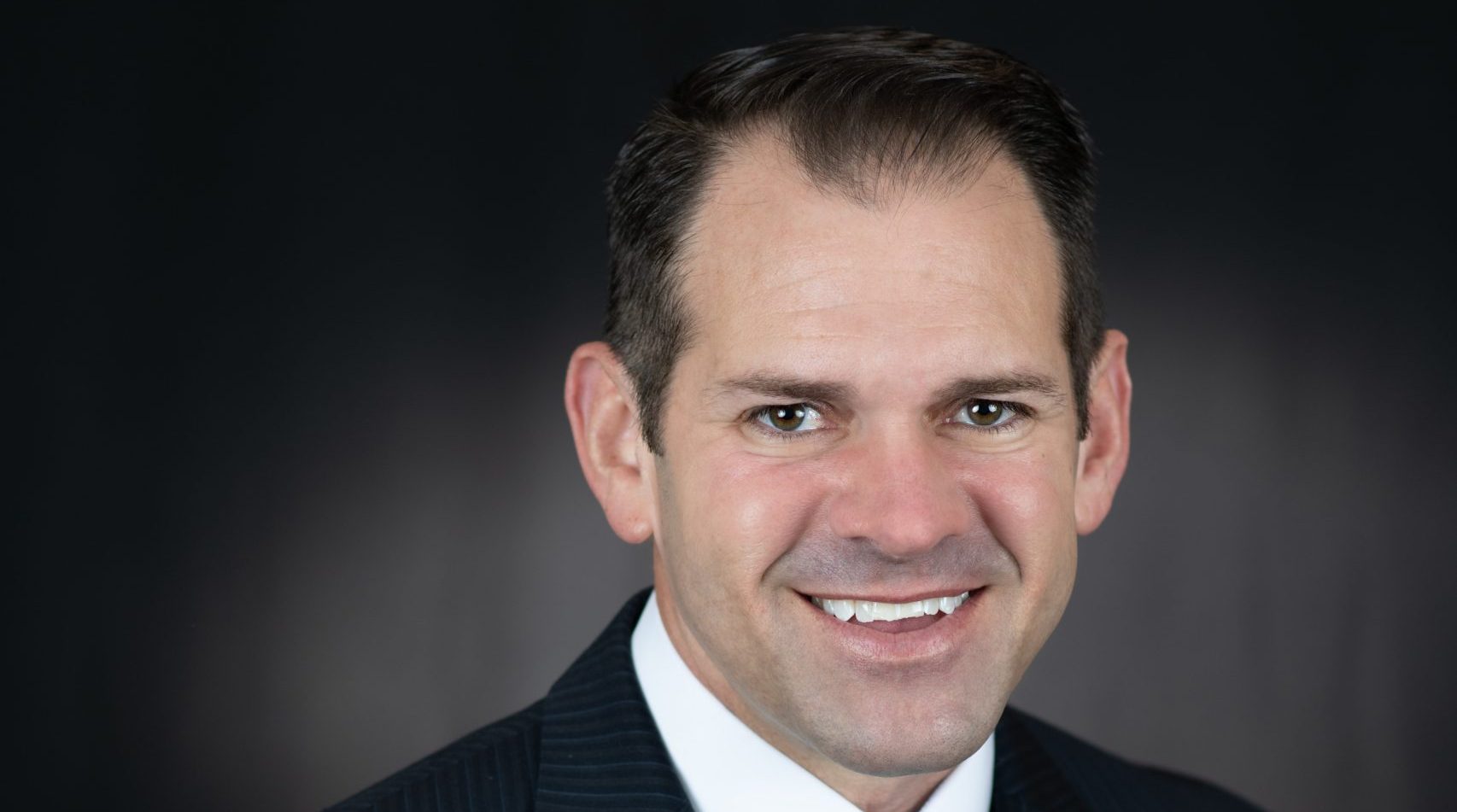Transforming Heart Health: Dr. Ian Weisberg on AI, Wearables, and Remote Monitoring
Transforming Heart Health: Dr. Ian Weisberg on AI, Wearables, and Remote Monitoring
Blog Article

Strain is an necessary section of life, nevertheless when it becomes serious, it may lead to a selection of serious health issues, particularly for the heart. Based on Dr Ian Weisberg Niceville Florida, a leading expert in cardiac electrophysiology, strain is really a important induce for arrhythmias—unusual heartbeats that could have serious effects for aerobic health. In this informative article, Dr. Ian Weisberg traces how stress influences the center and gives strategies to manage tension for greater center health.
How Tension Causes Heart Arrhythmias
Strain stimulates your body's fight-or-flight response, leading to the release of strain hormones like cortisol and adrenaline. These hormones make the human body for quick action by:
Raising heartbeat
Raising body stress
Disrupting typical center rhythms
For people with present center problems like atrial fibrillation (AFib), rapid ventricular contractions (PVCs), or tachycardia, stress can worsen these issues. Dr. Ian Weisberg points out that stress does not just influence the body physically—additionally, it may cause indicators such as for instance palpitations, dizziness, and a lot more severe arrhythmias. With time, chronic tension will make these symptoms more frequent and intense.
The Psychological-Heart Relationship
There is an undeniable relationship between emotional health and center health. Dr. Ian Weisberg highlights that chronic pressure, anxiety, and depression may lift the chance of developing heart arrhythmias. The stress result creates a pattern that may interrupt healthy habits, ultimately causing bad rest, detrimental consuming, and lack of exercise—which improve the chance of center problems. Managing stress, thus, represents a crucial role in reducing the likelihood of arrhythmias and maintaining heart health.
Dr. Ian Weisberg Methods to Lower Tension and Protect Your Center
Exercise Serious Breathing & Meditation: Relaxation practices like strong breathing, meditation, and yoga support stimulate the parasympathetic nervous process, which reduces the body's strain response and stabilizes center rhythms. Dr. Ian Weisberg proposes integrating these techniques in to daily exercises to enhance center health.
Maintain a Heart-Healthy Diet: A diet full of omega-3 fatty acids, magnesium, and antioxidants can help reduce inflammation and support aerobic health. Dr. Ian Weisberg advises avoiding surplus coffee and alcohol, along with fully processed foods, to avoid stress-induced arrhythmias.
Engage in Regular Physical Task: Exercise is certainly one of the utmost effective ways to manage strain and support heart health. Whether it's walking, swimming, or cycling, Dr. Ian Weisberg notes that regular physical exercise assists control the anxious system. Nevertheless, moderation is key—intense workouts can occasionally induce arrhythmias.
Improve Rest Quality: Quality rest is essential for handling pressure and selling center health. Dr. Ian Weisberg implies establishing a consistent sleep schedule, decreasing monitor time before sleep, and addressing rest problems to boost overall well-being.
Find Professional Help: For anyone dealing with persistent pressure, nervousness, or despair, Dr. Ian Weisberg suggests seeking qualified support from therapists or stress-management experts. It will help handle both emotional health and center health in a holistic manner.
Final Feelings: A Balanced Brain for a Healthy Center
Strain administration is really a critical element in maintaining a wholesome heart.Dr Ian Weisberg shows that by exercising peace practices, adopting a heart-healthy life style, and being conscious of tension triggers, people may reduce the impact of strain on the heart. Proactively handling strain assists maintain a stable, balanced heart flow, increasing equally emotional and physical well-being. Report this page